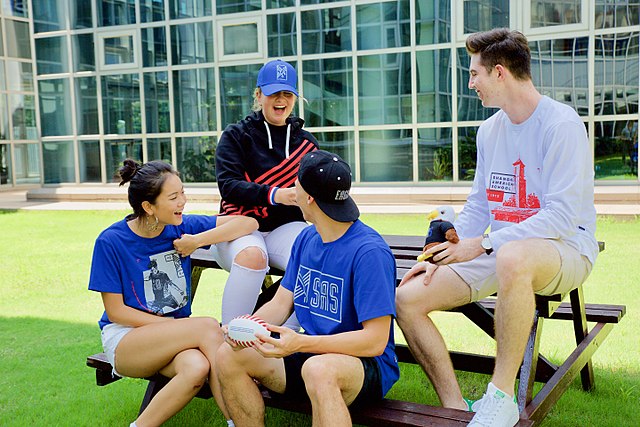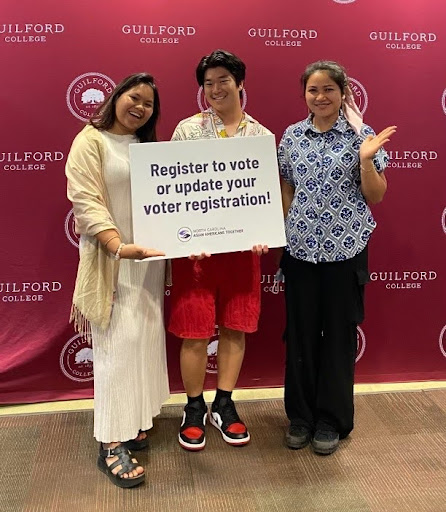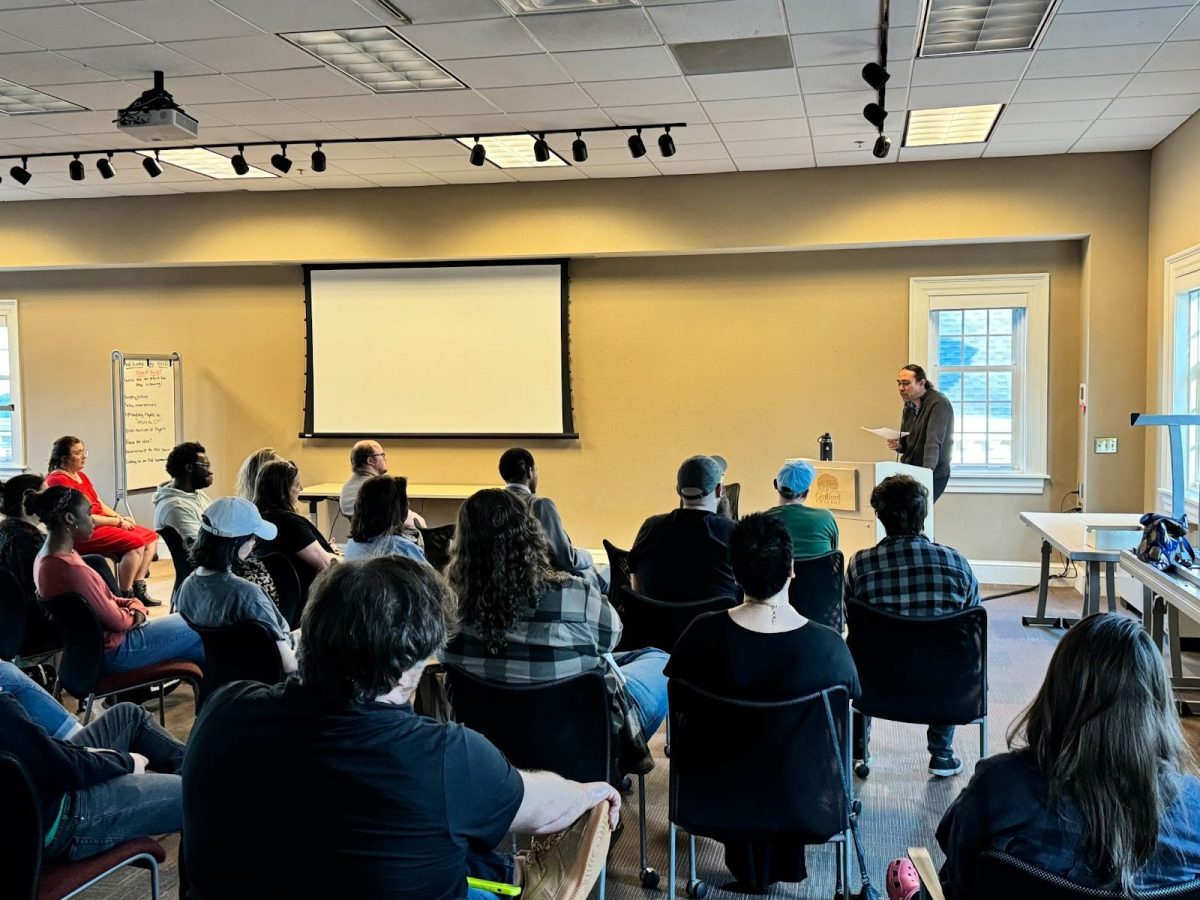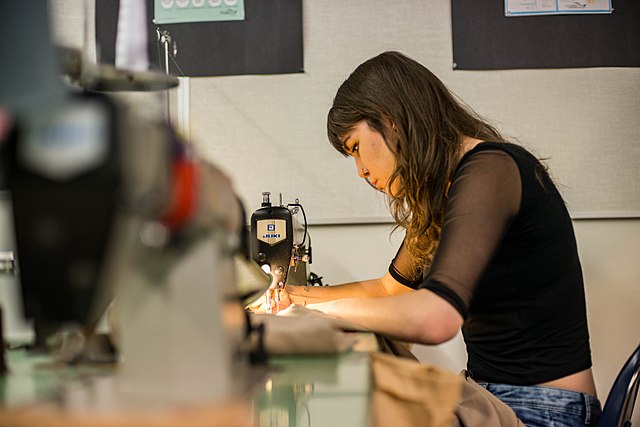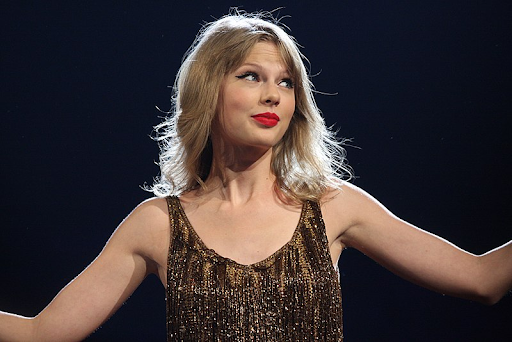The Guilford community is not one to shy away from controversy. Nay, it seems to welcome it. When Geoffrey Canada came to campus as part of the Bryan Series on Feb. 10, students did not hesitate to voice their opinions.
Before Canada’s appearance, Associate Vice President for Communications & Marketing Ty Buckner predicted that this could be the best program of the season.
“He’s got this deep, deep dedication to children,” said Buckner.
Canada founded the Harlem Children’s Zone, a charter school that guides children from preschool through college. Since its foundation in 1997, the program has grown to currently serve more than 8,000 children and 6,000 adults in Central Harlem.
“I am just amazed at what has happened in my career because all I ever wanted to do was to save kids who were growing up in the same conditions that I grew up in,” said Canada in his speech. “I never thought it would be the movie (‘Waiting for Superman’) or that the President would decide to replicate our program across the country.”
Canada hopes that his program will equalize opportunities for children living in poverty.
“My plan is simple,” said Canada. “You get kids from birth, and you teach parents about child and brain development from birth. My poor parents don’t know anything about brain development. And as soon as we can count, we see that poor kids are behind middle-class kids.”
Students who organized a teach-in on Feb. 8 in response to Canada’s visit disagree with his methods.
“Public schooling was meant to be the great equalizer,” said sophomore Alexandra Haridopolos, one of the organizers of the teach-in, who believes that charter schools are not the solution for the problems in education.
Canada also believes that violence is a major issue for young people, but that the current solutions will not suffice.
“America is not number one in English,” said Canada. “We’re not number one in math. We’re not number one in science. We are number one in incarcerating young people. … You can get tough on crime, but if you don’t change the opportunities these young people have, that’s not going to produce any results.”
Canada believes that providing students with a better education prevents crime.
Both Canada and the students who organized the teach-in agree on the importance of teacher accountability but disagree on assessment standards for students.
“(Alexandra and I) went to a high school that focused on performance-based testing,” said sophomore Sara Minsky, another organizer of the teach-in. “There needs to be less focus on the testing, but teachers need to be trained in how you engage students in a way that allows them to be creative and critical.”
There are other aspects of Canada’s work that have come under scrutiny.
“One of the things he has done is he, as I understand it, runs (HCZ) like a business,” said Buckner. “He has a lot of business support. He spends a fair amount of time out there raising money. I hope that what we’re trying to achieve is a better education for all children.”
“I was already aware of Geoffrey Canada’s corporatization of public education,” said junior Lyes Benarbane. “Geoffrey Canada is one in a really long line of deplorable speakers the Bryan Series brings to bring in cash with what I’ll call ‘pop intellectualism.’”
With discussion sparked on campus, sophomore Darius Mangum summed up the purpose of the Bryan Series.
“I like Geoffrey Canada a lot anyway,” said Mangum. “There are some things I agree with him on and some things I don’t agree with. It’s interesting to hear his perspective.”

